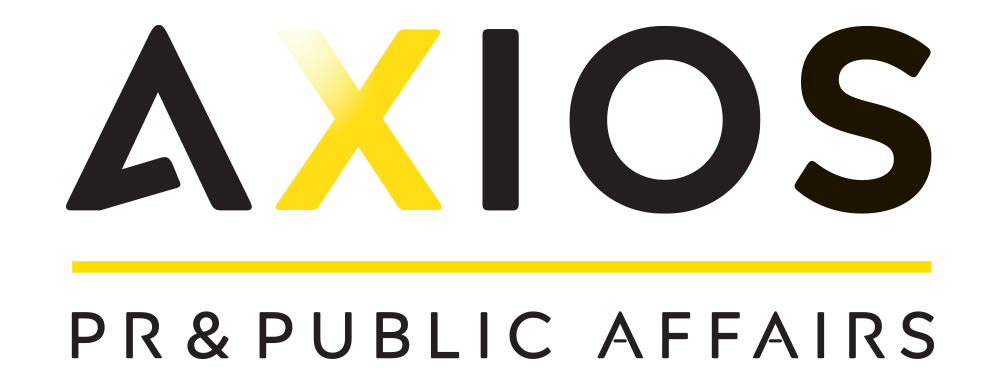Breaking the silence: strengthening business integrity under the whistleblower law
Romania's recent revision of its whistleblower law has introduced anonymous reporting, bringing it into alignment with the European whistleblower directive. While it may pose new reputational and legal risks, the law also presents an opportunity for businesses to strengthen their internal communications and governance practices.
The law mandates all companies with 50 or more employees to implement and maintain effective whistleblowing channels. Establishing a technical system to handle reports is a crucial first step, but the challenge lies in having a workplace culture where employees feel empowered to speak up without fear of retaliation.
Effective communication is critical to achieve this and address potential crises that may emerge. Consider these steps to prepare for compliance and strengthen governance:
Assess compliance risks preventively
Identify and resolve issues before they escalate, as the law covers areas such as procurement, money laundering, product safety and conformity, environmental concerns, or consumer protection.
Educate your employees
Educate and train your team on good business practices and whistleblowing to build a culture of integrity, trust, and responsibility in the workplace.
Encourage internal reporting
Address non-compliant situations promptly to safeguard your reputation. Media disclosure or reporting to authorities are viable options for whistleblowers.
Think beyond your own workforce
Consider the perspectives of suppliers, customers, and interns who may report irregularities they observe during their engagements with your business.
Taking the right steps to prepare will make a world of difference, improving your culture and employee engagement as well as the organization’s integrity, ability to respond and safeguard its reputation.
